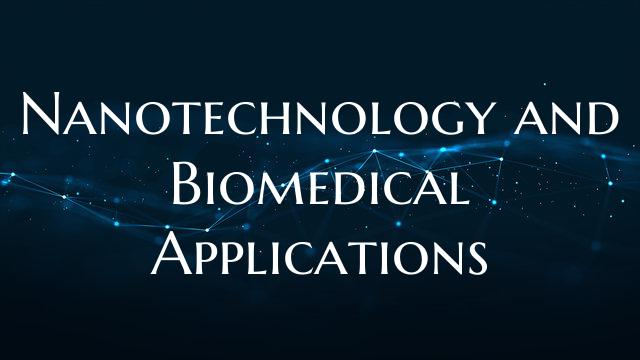Nanotechnology and Biomedical Applications
Nanotechnology, the manipulation of matter at the nanoscale level, has revolutionized various fields, particularly biomedicine. Its integration into biomedical applications holds immense promise for advancing diagnostic, therapeutic, and preventive healthcare solutions.
In the realm of diagnostics, nanotechnology enables the development of highly sensitive and specific detection platforms for various diseases. Nanoparticles functionalized with specific biomolecules can target and bind to disease biomarkers, allowing for early detection and monitoring of conditions such as cancer, infectious diseases, and neurological disorders. Furthermore, nanoscale imaging agents provide unprecedented resolution for visualizing biological structures at the molecular level, enhancing the accuracy of diagnostic imaging techniques like MRI, CT scans, and ultrasound.
Nanotechnology is also driving innovations in drug delivery systems, optimizing the efficacy and safety of therapeutic interventions. Nanoparticles can be engineered to encapsulate and target drugs to specific cells or tissues, improving drug uptake and reducing systemic side effects. Moreover, the controlled release properties of nanocarriers enable sustained drug delivery, enhancing treatment outcomes and patient compliance. In the field of regenerative medicine, nanomaterials are being utilized to design scaffolds that mimic the extracellular matrix, promoting tissue regeneration and repair.
Beyond diagnostics and therapeutics, nanotechnology is reshaping the landscape of personalized medicine and precision healthcare. Nanosensors integrated into wearable devices can continuously monitor vital signs, biomarkers, and environmental exposures, providing real-time health information and enabling timely interventions. Nanoscale platforms for genetic sequencing and molecular diagnostics are facilitating the development of targeted therapies tailored to an individual's genetic makeup, fostering personalized treatment strategies and improving patient outcomes.
Despite its tremendous potential, the integration of nanotechnology into biomedical applications also raises important considerations regarding safety, regulatory oversight, and ethical implications. Ongoing research efforts are focused on addressing these challenges and ensuring the responsible development and deployment of nanotechnology tools in healthcare.
In conclusion, the convergence of nanotechnology and biomedical applications is driving transformative advancements in healthcare, promising a future where precision medicine, early disease detection, and targeted therapies revolutionize patient care. As researchers and innovators continue to explore the possibilities of nanotechnology, the potential for improving health outcomes and enhancing quality of life is truly boundless.

